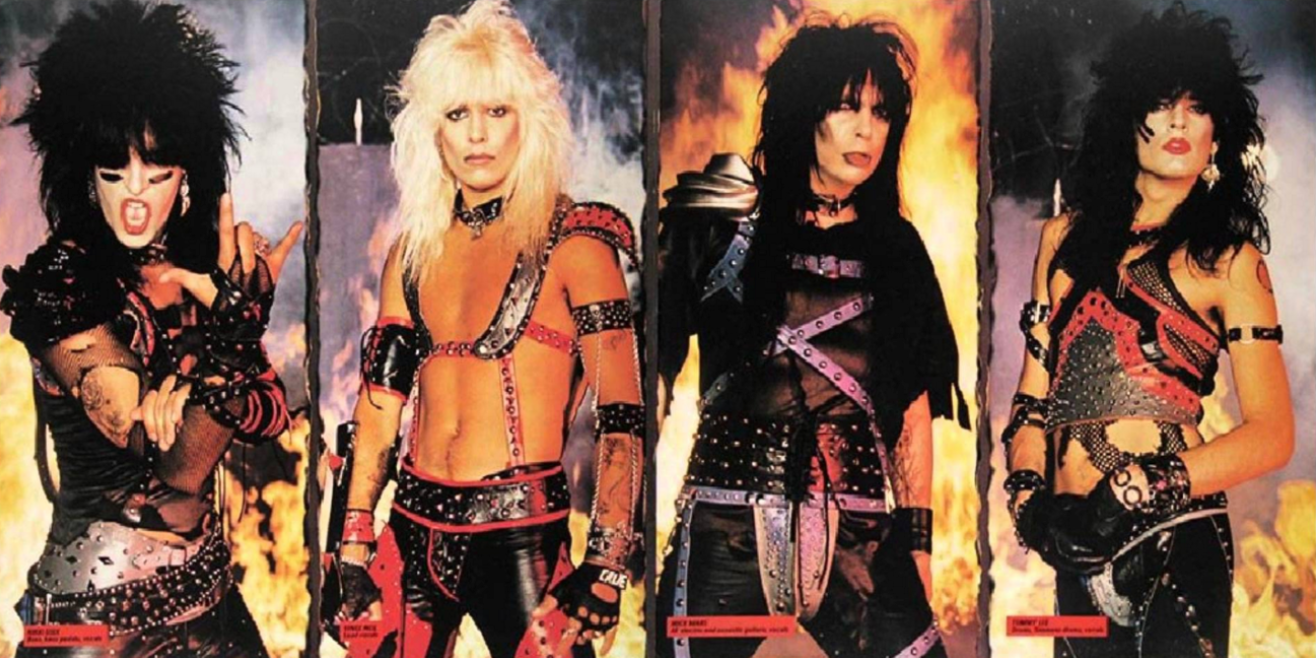Article from Campus Activities Programming® Magazine’s “Curtain Call” – March 2017
 Once upon a time, four friends formed a band. They became a band because they looked similar, all played the guitar, all sang, and all dressed in the same style of clothing. When they began playing together, they played the same notes, and when they sang, they sang the same words. They spent all their energy trying to be like each other, trying to sing like each other, trying to look like each other, and even trying to think like each other. The music they created wasn’t very interesting. It was bland. Boring. Emotionally, it moved no one.
Once upon a time, four friends formed a band. They became a band because they looked similar, all played the guitar, all sang, and all dressed in the same style of clothing. When they began playing together, they played the same notes, and when they sang, they sang the same words. They spent all their energy trying to be like each other, trying to sing like each other, trying to look like each other, and even trying to think like each other. The music they created wasn’t very interesting. It was bland. Boring. Emotionally, it moved no one.
Down the street, another group of friends formed a band. These four friends wanted to create something new and exciting. They came from different backgrounds and looked different from each other. They each played different instruments and wore different clothes, and when they sang, they sang different notes. They learned how their notes and sounds were able to complement each other. They discovered interesting melodies and harmonies and were able to perform the most amazing and beautiful new music. It was exciting and inspiring. And, emotionally, it was powerful and moved everyone.
What about you? What does your “band” look like? Who’s in your circle of friends? Who’s in your group, your club or your organization? Your band can be you and your roommates, your athletic team, your church group or your student activities committee. You are, most likely, in more than one band. Are your bands more like the first band in the story above or more like the second?
When you think of your different groups as bands, you can think of the individuals in each as your “band mates.” It also allows you to celebrate their unique contribution to the group. I call this the “instrument.” Bands are composed of different members, each playing their own instrument.
You also play a role in your bands; you bring a contributing instrument to each of them. Your instruments are your talents, skills and even your unique personality traits. You are an important member of all of your bands because of the instruments you play in each of them.
When you begin to accept your friends and colleagues as band mates, you’ll be able to see them in a new light, not just because they share your interests, but also for what they bring to the band – their unique talents and quirky personalities, and even their own ideas and beliefs. When you celebrate them for who they are and what they contribute to the band, you’re making your band better – better with different instruments in the mix!
It’s in the coming together of the different instruments, and allowing individual members to share their individual and unique contributions, that you’ll be able to create more interesting and exciting music! You’ll be able to accomplish more as a group when everyone contributes their individual strengths.
What about you? Are you a good band mate? Are you encouraging and helping your band mates play their instruments? Are you able to celebrate your friends for who they are and what they contribute? Are you encouraging your friends and colleagues to be great at their respective instruments and talents? Do you celebrate their sometimes-quirky personalities, their strengths and their unique gifts?
Or … do you just want them to be more like you?
In your different bands, you must celebrate your fellow band members. It’s possible you have a crazy combination of instrumentalists – with the loudest of “drummers” and the softest of “violins,” a “trumpet” and a “flute,” a “singer,” a “tuba player” and a “poet.” All these players make the band better, the tall and the short, the extrovert and the introvert, the social media guru and the gregarious promoter, the first-year student and the seasoned leader. They all have their own unique way to contribute to your group. Every member of your band is important.
To be a great band member, your goal should be to show up ready to rock with your band, ready to play your instrument, to be a positive force. Additionally, your role is also to encourage and elevate those in your group to be at their best, to show up ready to rock their own unique instruments. The more you encourage, the better.
What do you want your bands to look like? More like the first band in the opening story or the second one? Are you celebrating the diversity in your group and encouraging unique skills and talents? Are you helping your band? Are you making your band better?
Once upon a time there were four friends who formed a band … . What does yours look like?
Jason LeVasseur lives in Nashville,TN, and is one of the most awarded music performers in campus entertainment. He is also a keynote speaker, workshop facilitator, summer camp counselor, husband, father, and the creator of “The Rock Star Project®.” www.jasonlevasseur.com.